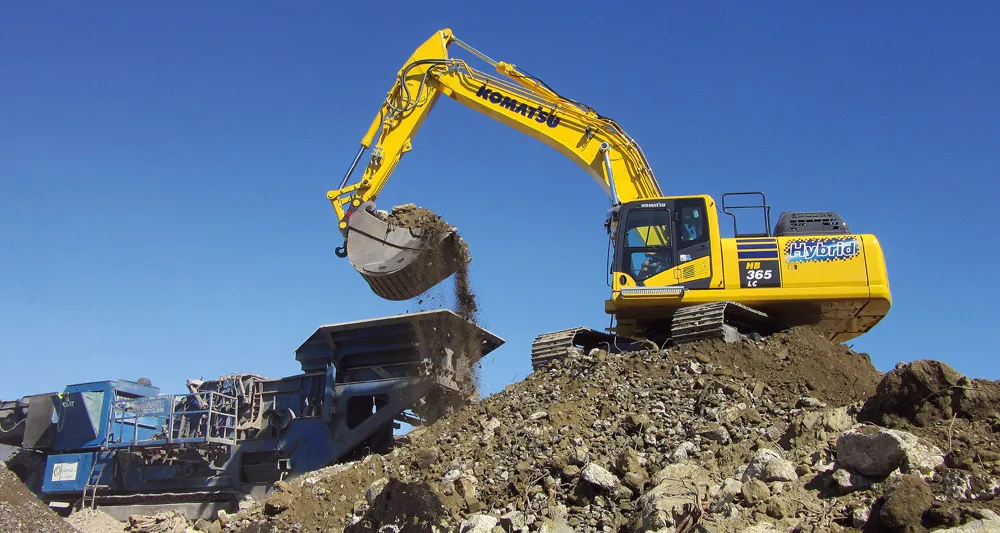A new development looks set to offer an efficient alternative to lithium ion batteries for use in electric vehicles (EVs). At present the current generation of EVs feature lithium-ion batteries to store energy. However the performance of the lithium ion batteries has been criticised, particularly with regard to the recharge time required as this is considerably longer than the time needed to refuel a combustion engine-powered vehicle. While faster charging technologies are available for lithium ion batterie
November 15, 2013
Read time: 3 mins
A new development looks set to offer an efficient alternative to lithium ion batteries for use in electric vehicles (EVs). At present the current generation of EVs feature lithium-ion batteries to store energy. However the performance of the lithium ion batteries has been criticised, particularly with regard to the recharge time required as this is considerably longer than the time needed to refuel a combustion engine-powered vehicle. While faster charging technologies are available for lithium ion batteries, these reduce battery life considerably. The charging time has been identified as a major reason for the slow adoption rate of EVs around the world. However a team of engineers is working on a novel solution by developing a graphene supercapacitor that can store almost as much charge as a lithium ion battery but charges in just 16 seconds.
This new capacitor is being developed at the Gwangju Institute of Science and Technology in South Korea. The team’s high-performance supercapacitors use graphene and are said to store almost as much energy as a lithium-ion battery. In terms of practicality, they can charge and discharge in seconds, and maintain 98% of their initial value after 10,000 cycles.
The project is using a highly porous form of graphene that has a very large internal surface area. This material is produced by reducing graphene oxide particles with hydrazine in water agitated with ultrasound. The graphene powder is then packed into a coin-shaped cell, a pressure of 300kg/cm2 for five hours and dried at 140°C. The resulting graphene electrode is highly porous, which allows the electrode to accommodate much more electrolyte. And this determines the amount of charge the supercapacitor can hold. The team has measured the performance of the supercapacitor and it is said to store energy at a density of more than 64Wh/kg at a current density of 5A/gramme. That is almost comparable with lithium-ion batteries, which have an energy density of between 100 and 200Wh/kg.
The engineers say they can fully charge the supercapacitor in just 16 seconds and have repeated this some 10,000 times without a significant reduction in capacitance. This is significant as it also offers a practical alternative to the more limited working life of a lithium ion battery. The cost of the supercapacitor technology has not yet been revealed however.
This new capacitor is being developed at the Gwangju Institute of Science and Technology in South Korea. The team’s high-performance supercapacitors use graphene and are said to store almost as much energy as a lithium-ion battery. In terms of practicality, they can charge and discharge in seconds, and maintain 98% of their initial value after 10,000 cycles.
The project is using a highly porous form of graphene that has a very large internal surface area. This material is produced by reducing graphene oxide particles with hydrazine in water agitated with ultrasound. The graphene powder is then packed into a coin-shaped cell, a pressure of 300kg/cm2 for five hours and dried at 140°C. The resulting graphene electrode is highly porous, which allows the electrode to accommodate much more electrolyte. And this determines the amount of charge the supercapacitor can hold. The team has measured the performance of the supercapacitor and it is said to store energy at a density of more than 64Wh/kg at a current density of 5A/gramme. That is almost comparable with lithium-ion batteries, which have an energy density of between 100 and 200Wh/kg.
The engineers say they can fully charge the supercapacitor in just 16 seconds and have repeated this some 10,000 times without a significant reduction in capacitance. This is significant as it also offers a practical alternative to the more limited working life of a lithium ion battery. The cost of the supercapacitor technology has not yet been revealed however.






